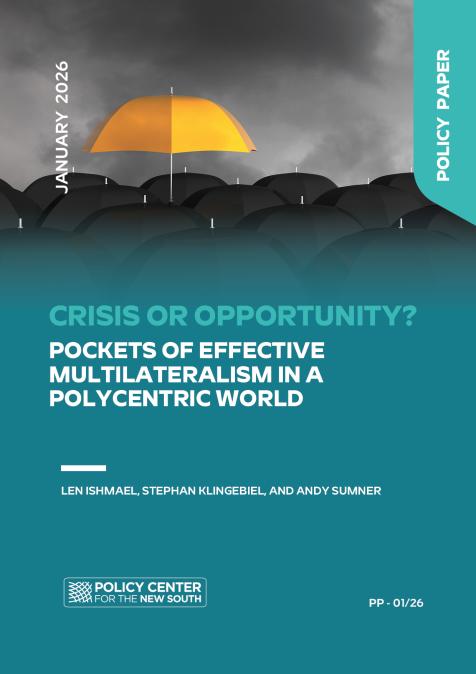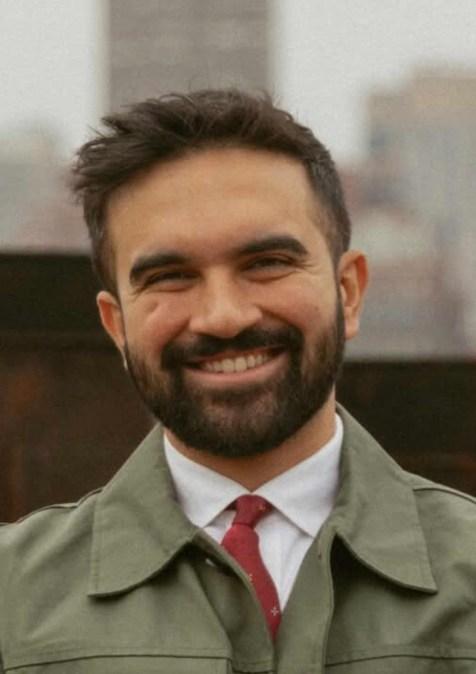As Asia rises, the world liberal order is slowly cracking. Democracy – a universal goal for humankind – has also been failing in delivering better welfare to the populations. Western values have influenced the world for the last three hundred years. However, steadily, the West is becoming less relevant, and its values seem to be criticised and inappropriate to catapult the West into a more prominent role. What to expect? Can the West recover lost ground? Will Western values be resilient? Moderator : Mohammed Loulichki, Senior Fellow, Policy Center for the New South Speakers : - Bineta Diop, Special Envoy on Women, Peace and Security, African Union Commission - Trisha Shetty, Founder & CEO, SheSays - Ignacio Walker, Former Minister of Foreign Affairs, Chile - Thomas Richter, Director, Berlin & Brussels, Avisa Partners (Emerging Leader)















